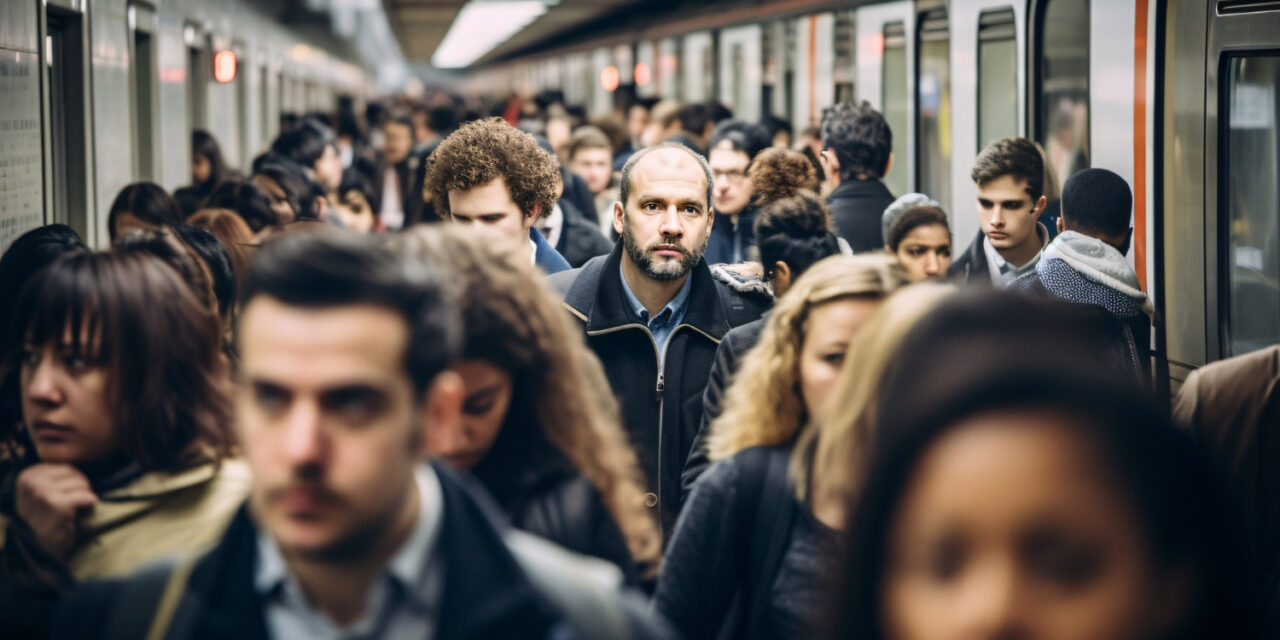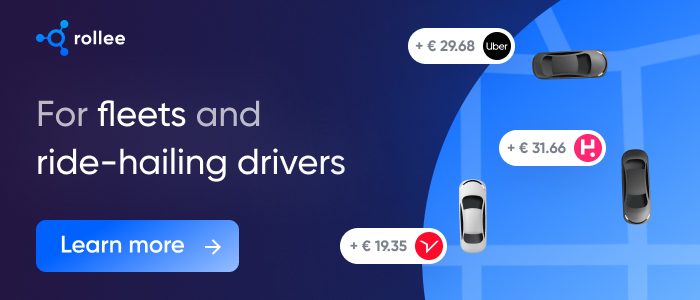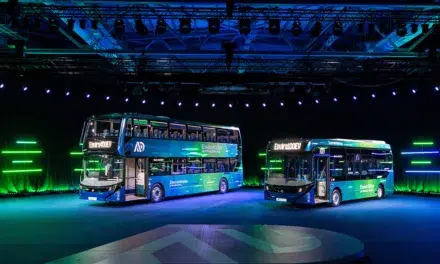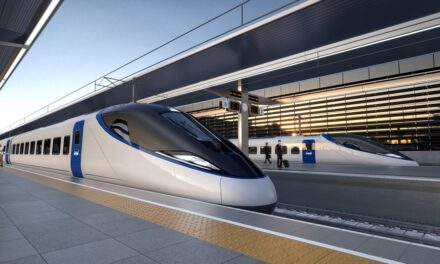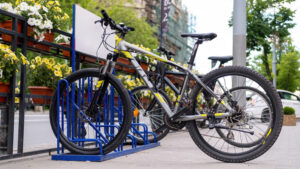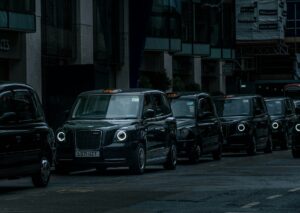In recent years, train travel in the UK has encountered many challenges, leading to widespread frustration among commuters. This is evident as data shows that there are 8,100 average monthly UK searches for the term ‘train delay compensation’ and 1,600 average searches for ‘train compensation’.
From frequent strikes and escalating fares to environmental concerns and service reliability issues, the traditional train network has struggled to meet its users’ needs and expectations and has left many searching for more dependable and cost-effective travel solutions.
With ASLEF’s latest announcement of an ‘action short of strike’ industrial action between Saturday 1 June and Saturday 27 July, experts at travel company Coach Hire Comparison examine whether coaches could be the answer to the UK’s train crisis, addressing many of the issues that plague train travel while providing additional benefits.
Co-founder James Stokes commented on the situation, saying: “Given the challenges, it is important to explore alternative modes of transport that can address the shortcomings of train travel.
“By doing so, we’re able to rethink our approach to public transport and consider how we can better serve the travelling public.”
The Problem With UK Train Travel
Frequent strikes and service disruptions
Frequent strikes have significantly affected the UK train network, leading to widespread service disruptions. These strikes, often stemming from disputes over pay, working conditions, and staffing levels, create substantial inconvenience for daily commuters.
The unpredictability of strikes means that passengers are frequently left in the dark, facing cancelled services, long delays, and, when trains do run, severe overcrowding.
For those who rely on trains for their daily commute or for critical appointments, the lack of consistency and the regular disruptions can be a source of significant stress and frustration. This unreliability undermines confidence in the train network and pushes commuters to look for more dependable options.
Rising train fares
Over the past decade, fares have risen considerably, outpacing inflation and wage growth. In 2024 alone train fares rose by 4.9% and are expected to increase further.
Despite these high costs, passengers frequently encounter subpar service, with outdated carriages, inadequate seating, and unreliable schedules being common complaints. The high price of season tickets, particularly for those commuting into major cities, has become increasingly difficult to justify given the declining service quality.
This has led to growing dissatisfaction among commuters who feel they are not receiving value for money. The financial burden of these rising fares adds to the overall frustration, making many question whether train travel is worth the cost, especially when cheaper and potentially more reliable alternatives are available.
Environmental concerns
While trains are often promoted as a green mode of transport, there are growing concerns about their actual environmental impact, especially with the continued use of diesel-powered trains. These trains contribute to air pollution and greenhouse gas emissions, which contradicts the environmentally friendly image often associated with rail travel.
The infrastructure and energy required to maintain and operate the train network also have significant environmental footprints. As awareness of climate change and environmental sustainability increases, the search for greener travel alternatives has intensified.
James added: “This scrutiny has highlighted the need for more sustainable modes of transport, prompting many to consider options like coach travel, which have significantly improved in reducing their environmental impact through more efficient engines and cleaner technologies.”
The Benefits Of Coach Travel
Greater reliability
Coaches offer a reliable alternative to the often unpredictable train services. Unlike trains, which are frequently subject to strikes, signal failures, and other disruptions, coaches provide a consistent and dependable mode of transport, reducing the stress and uncertainty of potential delays and cancellations.
This reliability is particularly beneficial for daily commuters who need to adhere to a strict schedule and those planning longer journeys where punctuality is crucial.
Cost-effectiveness
Coach travel is typically more affordable than train travel, offering significant savings, especially for regular commuters and group travellers.
The cost of coach tickets is generally lower than train fares, making it a more budget-friendly option without compromising on quality or comfort.
Environmentally friendly
Modern coaches have made significant strides in reducing their environmental impact, positioning them as a greener alternative to many traditional modes of transport. They are often equipped with efficient engines that produce lower emissions per passenger compared to many trains, particularly diesel-powered ones.
Improvements in fuel efficiency and emission control mean that by choosing coach travel, commuters can reduce their carbon footprint and contribute to a more sustainable future.
Flexibility and direct routes
Coaches offer unparalleled flexibility, operating on an extensive network of roads that allow for direct routes to numerous destinations without the need for transfers.
This flexibility is particularly advantageous for reaching locations not well-served by train lines, providing a more direct and efficient travel option. Additionally, coaches often have more convenient departure and arrival points, which can save time and effort compared to navigating to and from train stations.
James ended by saying: “Given the persistent challenges with train travel in the UK, it’s clear that coaches provide a compelling alternative that addresses many of commuters’ frustrations. With their modern amenities, enhanced comfort, and flexible routing, coaches offer a solution that not only meets but often exceeds the needs of today’s travellers.”

